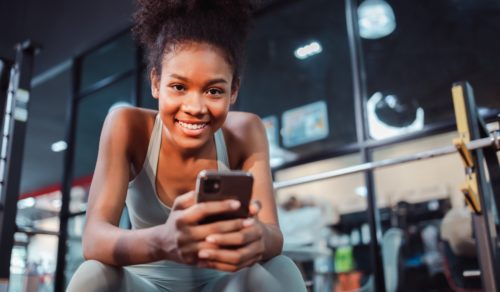 Logo
Logo
EXPERT INSIGHTS
Khoros Staff | Aug-14-2025
4 examples of great online communities and what makes them work
Learn how four leading brands built great online communities, borrow from their playbooks, and connect with your customers in new and meaningful ways.

Search by topic


















